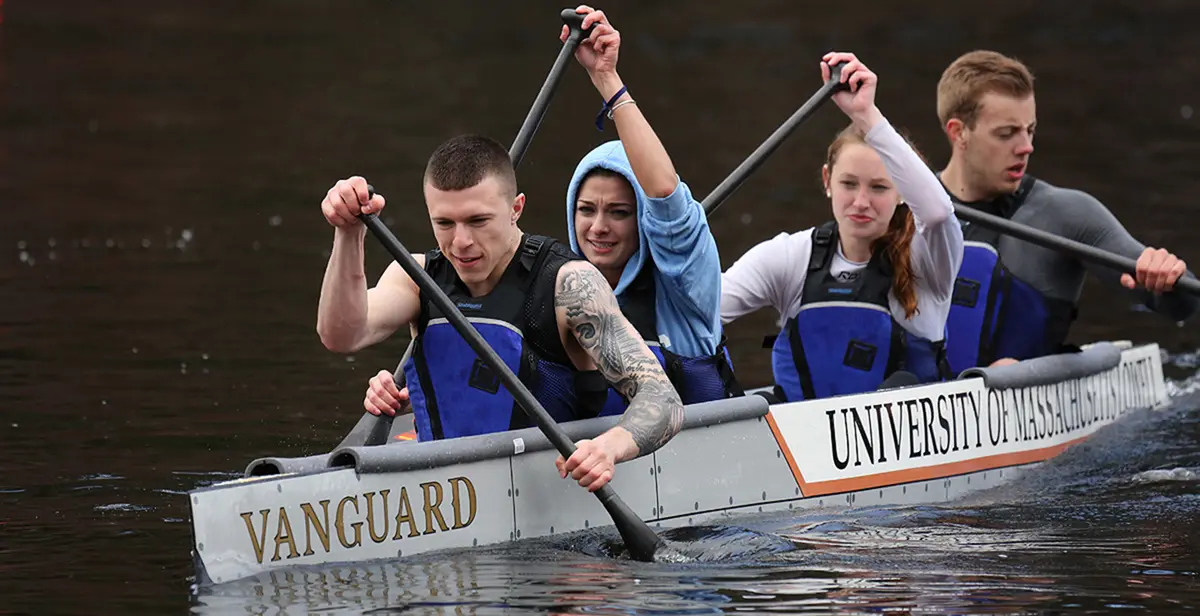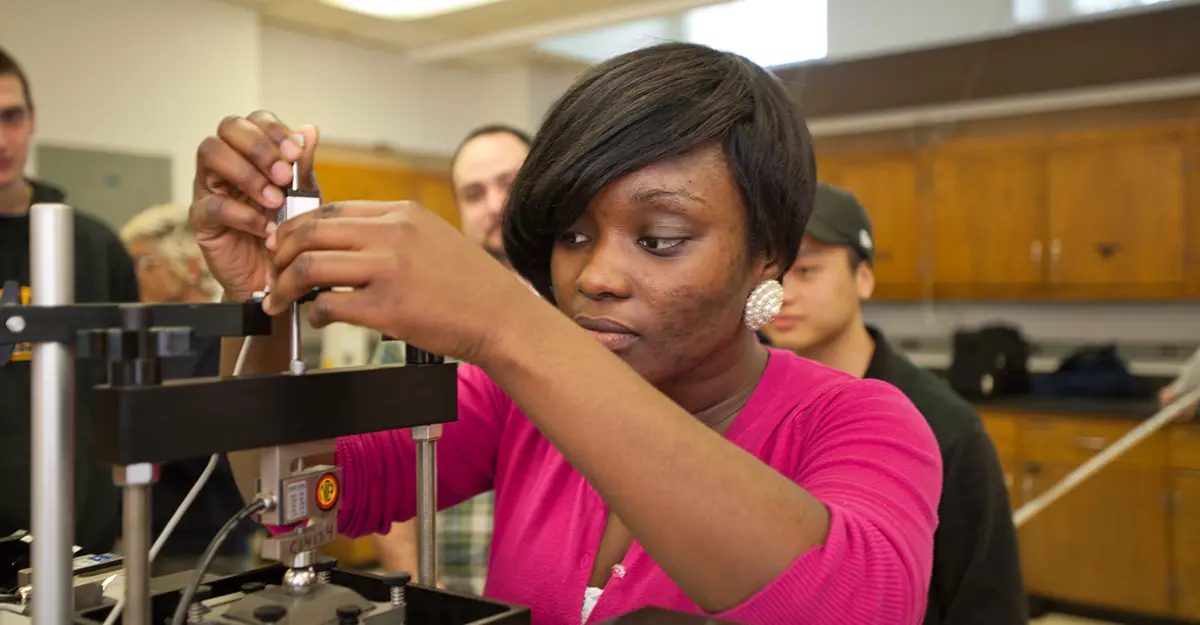What courses will you take?

The B.S. in Civil Engineering at UMass Lowell offers rigorous training in the four main areas of civil engineering:
- Environmental engineering
- Geotechnical engineering
- Structural engineering
- Transportation engineering
The first year begins with fundamental courses in college writing, mathematics and science. You will also take an introduction to civil and environmental engineering course that covers computer-aided engineering and design.
During the second year, you will learn the principles of engineering mechanics, including statics, dynamics and strength of materials. Other courses cover statistics, surveying, geomatics and differential equations. At this point, you can begin the Professional Co-op Program by taking a professional development seminar.
Junior and senior year coursework provides a working knowledge of structural, environmental, geotechnical and transportation engineering. You can also take two professional electives, which will count toward a master’s degree if you are accepted into the combined B.S.E./M.S.E. program. In the senior year, you will participate in a comprehensive capstone design project, which is typically a service-learning project with a community partner.
Visit the Academic Catalog for a complete course listing and to learn more about the minor in Business Administration for Civil and Environmental Engineering.









